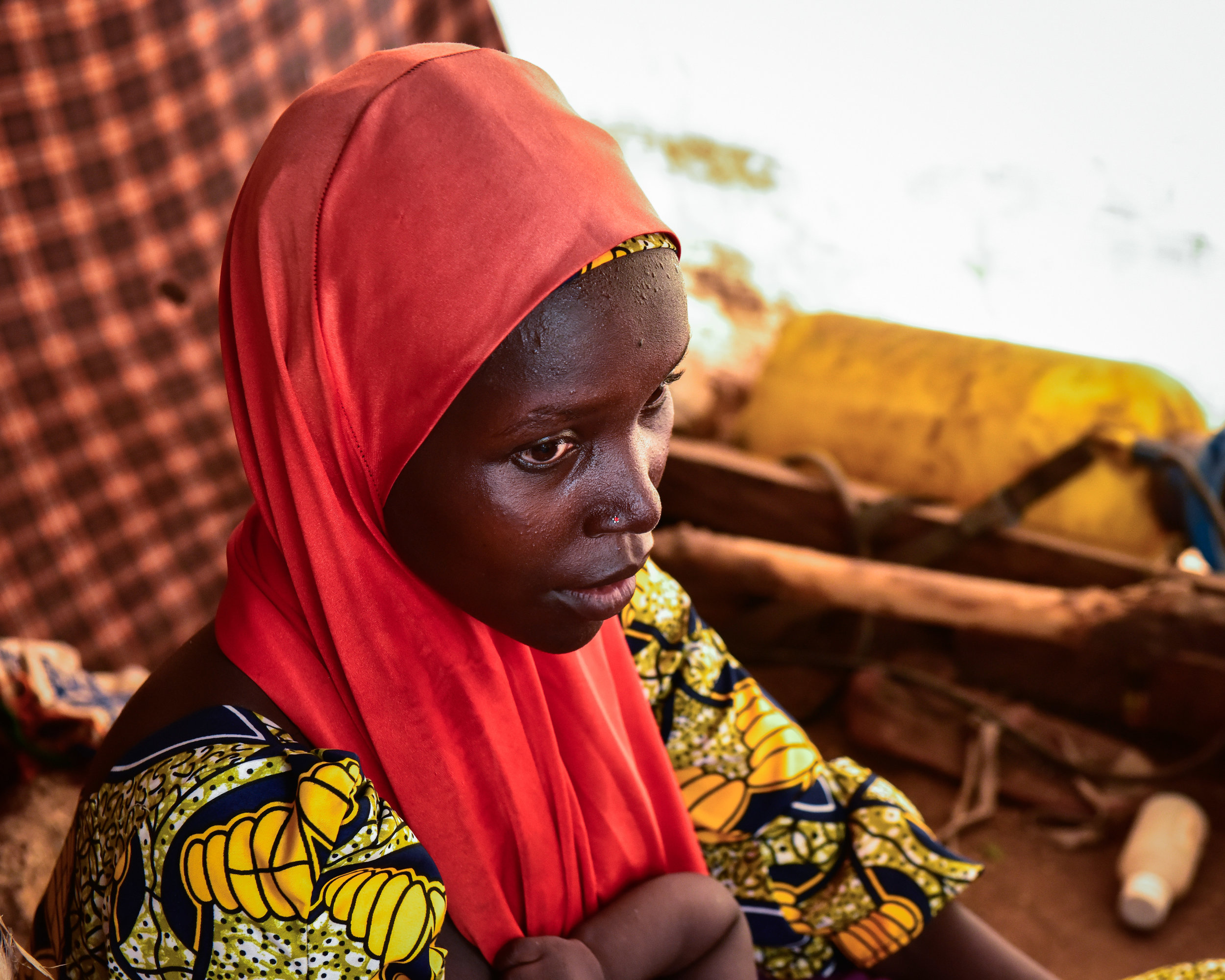by Dr. Larry Lindell
In May of 2019, I traveled to northern Nigeria to meet the ChildVoice team that was working with child mothers in the internally displaced persons (IDP) camps. These girls had fled their home villages because of attacks by either Boko Haram or Fulani herdsmen, and now reside in these IDP camps. The camps were set up by the government and local communities to provide the basic necessities of food and housing; however, very little attention has been given to the psycho-social needs these people have from the trauma they have encountered. ChildVoice has begun work in this area attempting to meet some of these needs. My purpose was to document this work with photographs and video for ChildVoice’s use in assisting its supporters to understand their work.
As I was listening to the story of this child mother, internally complaining about my misery, I realized that her experience was completely different.
One morning I was shooting video of one of the staff interviewing Fatima (name changed to protect her identity), a child mother inside her small hut, in circumstances that were less than desirable. Not only was it dark inside this hut, but it was also extremely hot. My back hurt since I was hunched over most of the time. I was completely soaked with sweat and generally miserable. As I was listening to the story of this child mother, internally complaining about my own misery, I realized that her experience was completely different.
Her general feeling was relief.
Not that long ago, she had been captured by the Boko Haram and forced to marry and have a child, enduring physical and mental trauma. She managed to escape successfully with her child by fleeing to the bush, surviving on berries and river water for days. The fear of death was always looming, knowing that if she was caught, that would be the result.
Now she was residing in this small hut miles away from her home village, but had food, water shelter, and--most importantly--freedom from the fear of unexpected attack from the enemy. ChildVoice was helping her with the mental trauma she endured and teaching her skills she could use to make a living. There was a sense of safety and respite within her.
My current misery was the result of being stripped of my usual comforts. In the exact same environment this young girl was feeling comfortable and secure.
We were here together at the same time and place, but having completely different experiences. The western middle class environment from which I came provided me with all the security I would ever want. Food and clean water plentiful. If the weather was uncomfortable, there was always a place for me to retreat to that protected me from the elements. Never have I been in a situation in which I feared for my life. My current misery was the result of being stripped of my usual comforts. Yet in the exact same environment, this young girl was feeling comfortable and secure.
Upon reflecting on these opposing experiences, I felt embarrassed. What right did I have to complain about my little discomforts as I became aware of the insecurities and fears Fatima has experienced? I had read stories and seen on the news the atrocities people in other countries endure. However, those harsh realities had never touched my feelings until I came face to face with a real person who had experienced them. Continuing to think on this, I felt a sense of torment. How do I go about life living very comfortably, with no real physical needs, when so many people in the world live under such dire circumstances?
Somehow we as human beings, with the same flesh and blood as those of other human beings suffering from various circumstances, must be compelled to help them in some way.
I was embarrassed by my luxury. Yet my environment is a blessing that I should not be embarrassed by. What, then, should be my response to such discrepant life styles? It seems to me that being exposed to the needs of those who are in want provides an important balance in our own approach to living.
Our natural tendency is to shut out from consciousness these great needs because it makes us feel bad. Somehow we as human beings, with the same flesh and blood as those of other human beings suffering from various circumstances, must be compelled to help them in some way. I am reminded of a lyric from one of U2‘s songs “Crumbs from your Table”: “Where you live should not determine whether you live or whether you die.”
As Burke also said, “Nobody made a greater mistake than he who did nothing because he could only do a little.”
It was not Fatima’s poor decision making that landed her in this situation. It was not her fault. The historian Edmund Burke said, “The only thing necessary for the triumph of evil is for good men to do nothing.” Therefore, those of us who have been blessed with an abundance ought to have a sense of obligation to help those who have need. My experience in returning from these trips is usually to have a greater sense of gratitude and generosity. That is why I keep returning to these places. Rather than just feeling bad about others’ situations, I return with a sense of purpose to do something.
What, then, can one person do to make a difference? Do something. As Burke also said, “Nobody made a greater mistake than he who did nothing because he could only do a little.”
Fatima and her child with ChildVoice staff member Rebecca
Dr. Larry Lindell, a long-time supporter of ChildVoice, has made several trips to Uganda to witness and photograph our work with war-traumatized Ugandan and South Sudanese girls in that country. This was his first trip to Nigeria.



